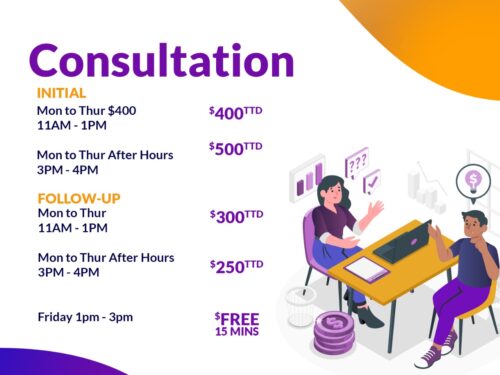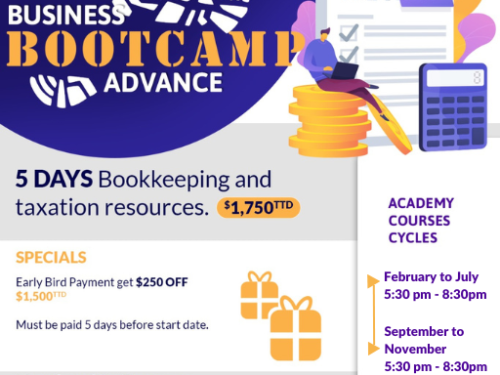This week…snowballing and stacking
Snowballing is that you list your debts in order of lowest dollar amount owed to highest dollar amount owed. You pay every extra penny you have toward the weakest while paying only the minimum monthly payment on the rest.
When one debt is paid, you take the money you were paying for it and start paying it on the next on the list until it’s paid off. You continue doing this until all the debts are paid.
Stacking means you list the debts in order of highest interest rate to the lowest interest rate. You follow the same payment method as we did in the snowballing method.
Which debt should you choose to pay off faster? That’s up to you.
The stacking method will save you the most money because you pay less in interest since you are paying the highest interest debts first. But it can be psychologically rewarding to use the snowball method because it allows you to kill off smaller debts relatively quickly.
Whichever method you choose, you are still concentrating on just one debt at a time, and that makes this whole process seem less overwhelming. It’s like losing weight. You don’t look at the end goal; you look at the weekly or monthly goal. You aren’t losing 100 pounds; you’re losing five pounds a week.
Decide which method you are going to use. Make an Excel spreadsheet to list all of your debts and each payment you make. It will feel good to see those numbers getting smaller.
Now you need to choose a deadline to pay your debt off. You want to be realistic; you aren’t going to pay off $20,000 of debt in two months if you’re not making a lot of money. But don’t give yourself too much time either. You don’t have ten years to do this. Remember your debt is an emergency.
A good place to start is to divide the amount you owe by 52, the number of weeks in a year. Now you can see how much you need to pay every week. Because you’ve been avoiding your debt for so long, that number might be less than you were expecting.
It might be more. If it’s a little more each week. You have to hustle to make extra money or tighten your belt even more to reach it. If it’s a lot more than you were expecting and more than you can find right now, either through cutting expenses or making more money, add another 12 weeks, three months, to your calculation.
Most debts only require a monthly payment, but try to pay a little off each week. It gives you encouragement to see the balances reduce, and it keeps you from using money that should be going to debt for other things. You can’t spend it if it’s already gone.
On your spreadsheet, make a line for each week until the debt is paid. Choose the day of the week you will make the payment and put the date for each weekly payment in the column for the first debt you’re going to focus on.
Each week when you make a payment, subtract the amount, so you have a new balance. The point of this is to see those numbers getting smaller each week. It’s motivating. We also didn’t list dates for the second debt on the list because as we get to the end of each debt, we might reach just a little further so we can pay it off a week or two earlier.
The closer you get, the more motivated you are just to kill that debt even if it means eating peanut butter and jelly for a week.
This might sound obvious, but you can’t continue to charge money on your credit cards while you’re trying to pay them off. Hmmm. But you don’t like using a debit card because it doesn’t have the rewards or protections that most credit cards do. Remember you can charge things on your credit card, so you still continue to add up those miles, points, or cash back dollars, but transfer the amount of each transaction from your account to immediately pay off the amount you just charged to your credit card.
As you pay off each card, you might be tempted to close them. Don’t do that. It hurts your credit score. Instead, put a small, recurring monthly expense on each card like your cable or mobile package payment and set it to auto pay.
It Won’t Last Forever
None of these suggestions are fun or easy. No one wants to move to a smaller apartment, never buy coffee out and work every weekend. But, what is our refrain? Emergency!!!
You have made a plan; you are making sacrifices, you have extra money coming in. Stick to your plan. If you have a bad day or week, don’t give up. It took time to acquire this debt, and it will take some time to pay it off.
The bottom line is, it’s going to be hard work but you will, and you will strangle the debt that has been strangling you.
Be sure to join our Facebook, Instagram, Tiktok and our Website for more valuable information. Ask about our Business Startup Kit, Retainer Package, Year End Retainer Package , Business Bank Account or learn how manage your finance with our Prerecorded and Live Courses. Book a FREE 15 mins CONSULTATION on Fridays from 1pm to 3 pm.
“A wealthy person is simply someone who has learned how to make money when they’re not working.” – Robert Kiyosaki








